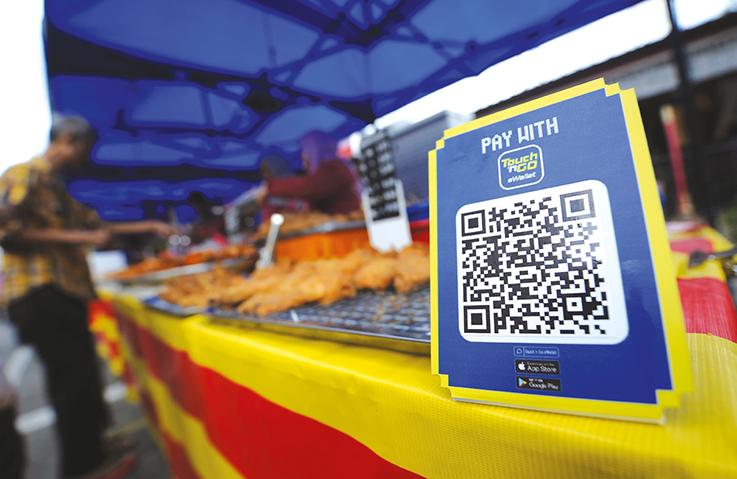The Covid-19 pandemic has seen the emergence of cashless, cautious and more conscientious consumers.
The latest global survey by Standard Chartered revealed that almost two-thirds or 73% of Malaysian respondents said the pandemic has made them more positive about online shopping, but they were also more careful with their spending and wanted new ways to track their money digitally.
The study involved 12,000 adults across 12 markets, namely Hong Kong, India, Indonesia, Kenya, China, Malaysia, Pakistan, Singapore, Taiwan, United Arab Emirates, the UK and the US.
It is the second in a three-part series, looking at how Covid-19 has transformed consumers’ way of life and what changes could be here to stay.
The first survey focused on the pandemic’s impact on earnings while the second offered new insights into the way the global health crisis is changing consumers’ spending habits.
The survey highlighted that respondents in all 12 markets anticipated doing more online shopping from now on.
In Malaysia, only 30% said they preferred shopping online before the pandemic compared to 70% who preferred shopping in-person. However, this has shifted significantly with 51% now preferring online payments to the in-person card or cash payments. The increase in preference for online payments is true across a range of purchases, from groceries and travel to digital devices.
“As a result, 79% of Malaysians expect the country to go fully cashless by 2030,” the survey noted.
Meanwhile, as spending increases with lockdowns easing globally, 57% Malaysians reported increased spending in July, while 82% said the pandemic has made them more careful with their expenditure.
Reflecting this increased caution, 68% of Malaysian respondents said the economic impact of Covid-19 has made them more likely to track their spending with over 80% either using or interested in using budgeting tools or tools that block card-spend over specified limits.
Additionally, the survey also said consumers around the world, including Malaysia, are also spending more on basics like groceries and healthcare, as well as digital devices than they did before the pandemic, and they expect this increase to continue in the future.
In Malaysia, 65% of the respondents said they spent less on travel and holidays, while 33% less on experiences and 62% spent less on clothes.
This trend is also expected to continue, with 48% saying they anticipate spending less on travel or holidays, 23% on experiences and 41% on clothes in the future.
Meanwhile, when it comes to spending, the survey pointed out that consumers around the world have become increasingly cautious and conscientious.
This comes as good news for small businesses and local producers, particularly those making and selling sustainably sourced products.
In Malaysia, the survey revealed that more than half of the respondents would more likely to shop locally (64%), more sustainably (54%) and with small businesses (52%). It added that this is particularly true for younger generations between the age of 18 and 44, suggesting that this trend is likely to continue.
The pandemic had accelerated digital adoption among Malaysian consumers who have now found themselves more comfortable with online transactions, from shopping to investing.
_PH_Banner_(Desktop)(1200x180px).png)
.jpeg)







.jpg)
.jpg)
.png)


.jpeg)
